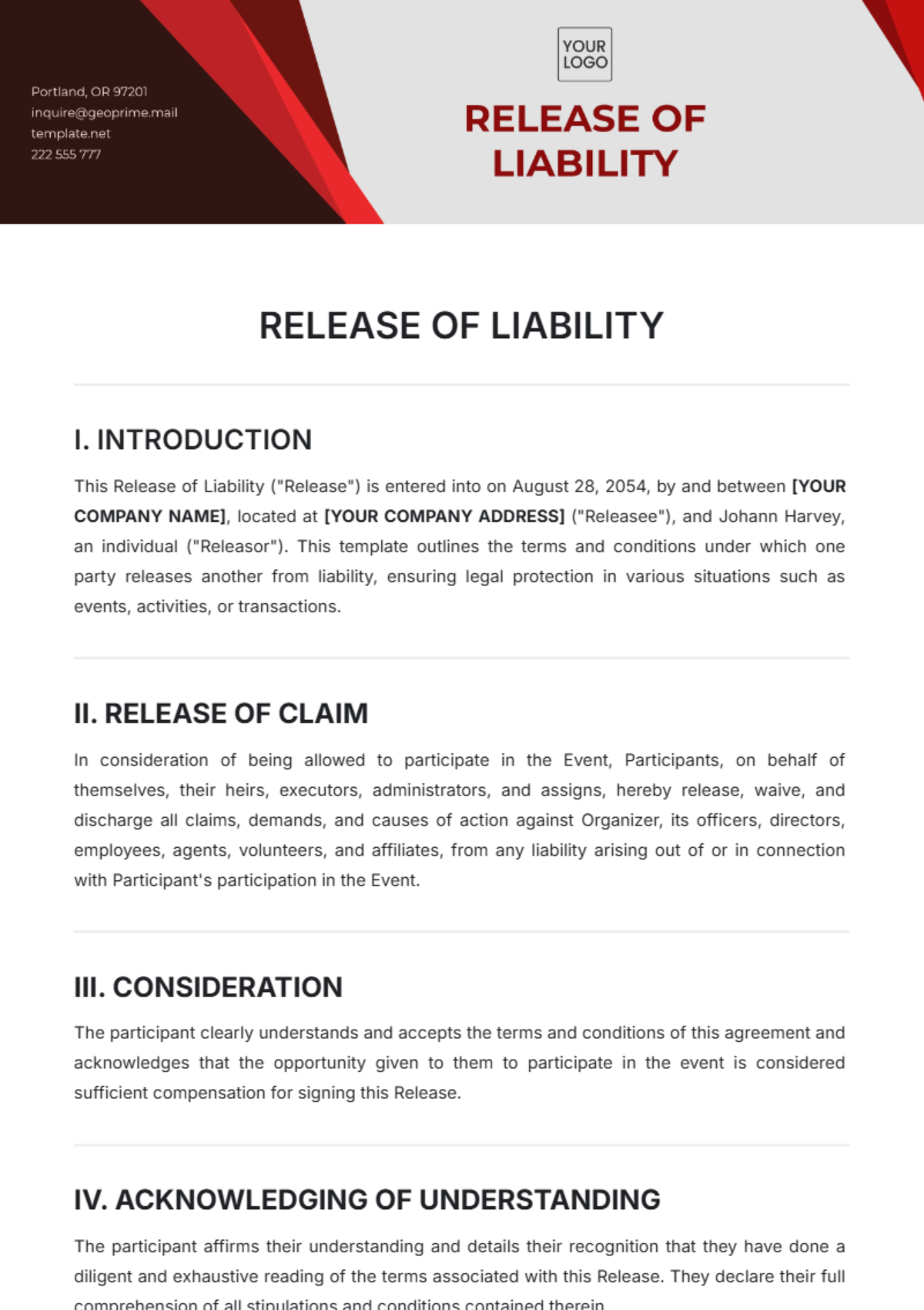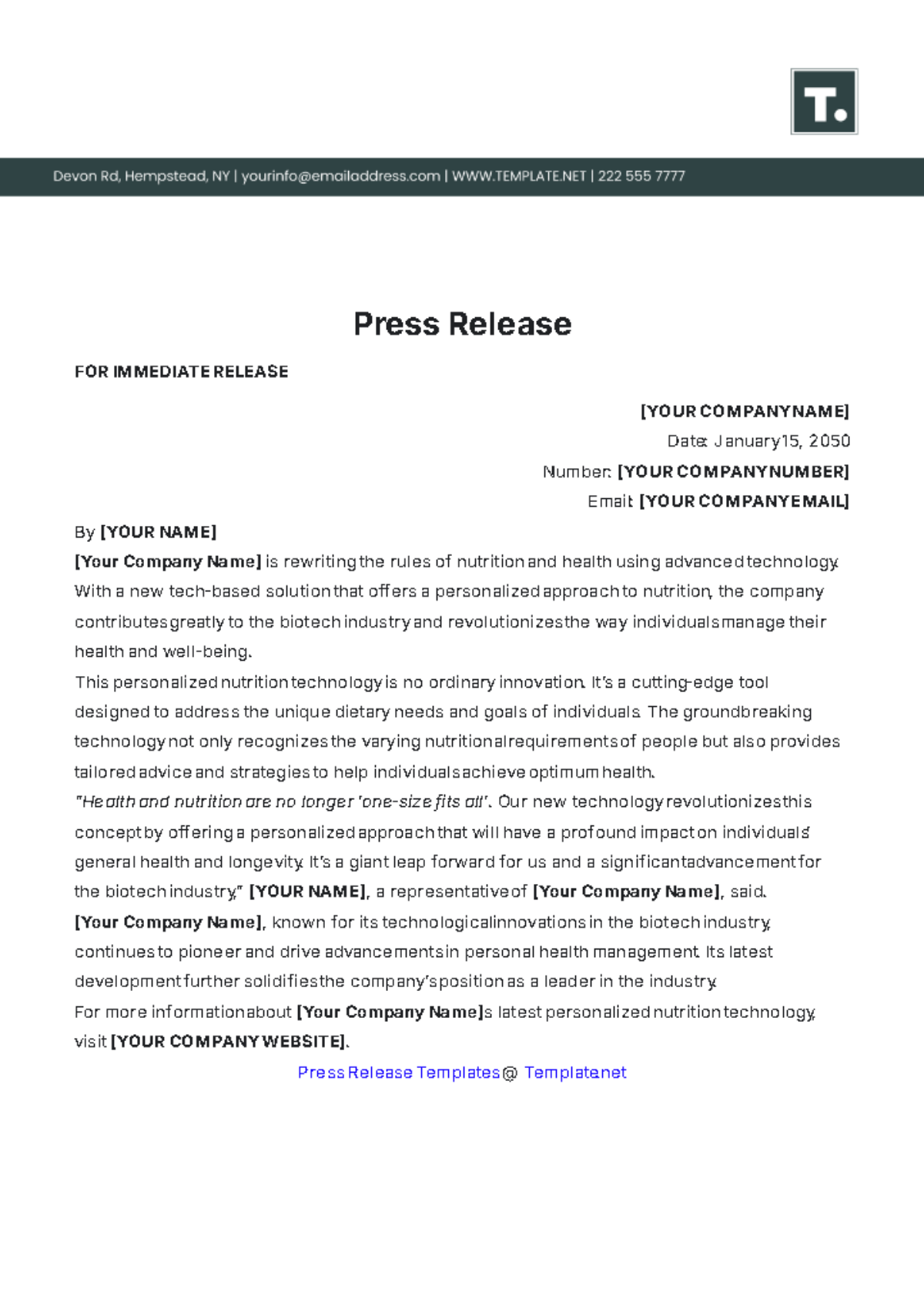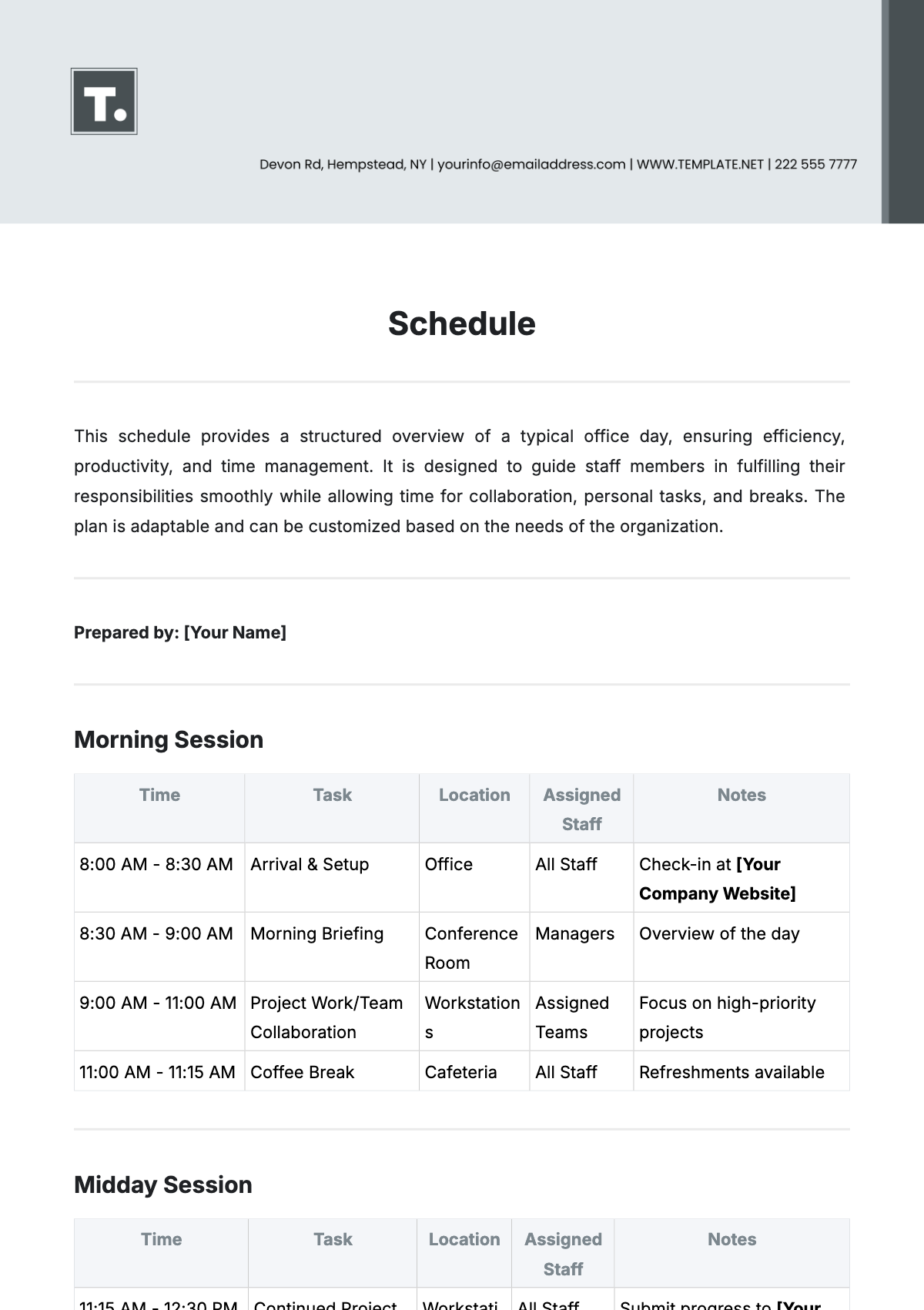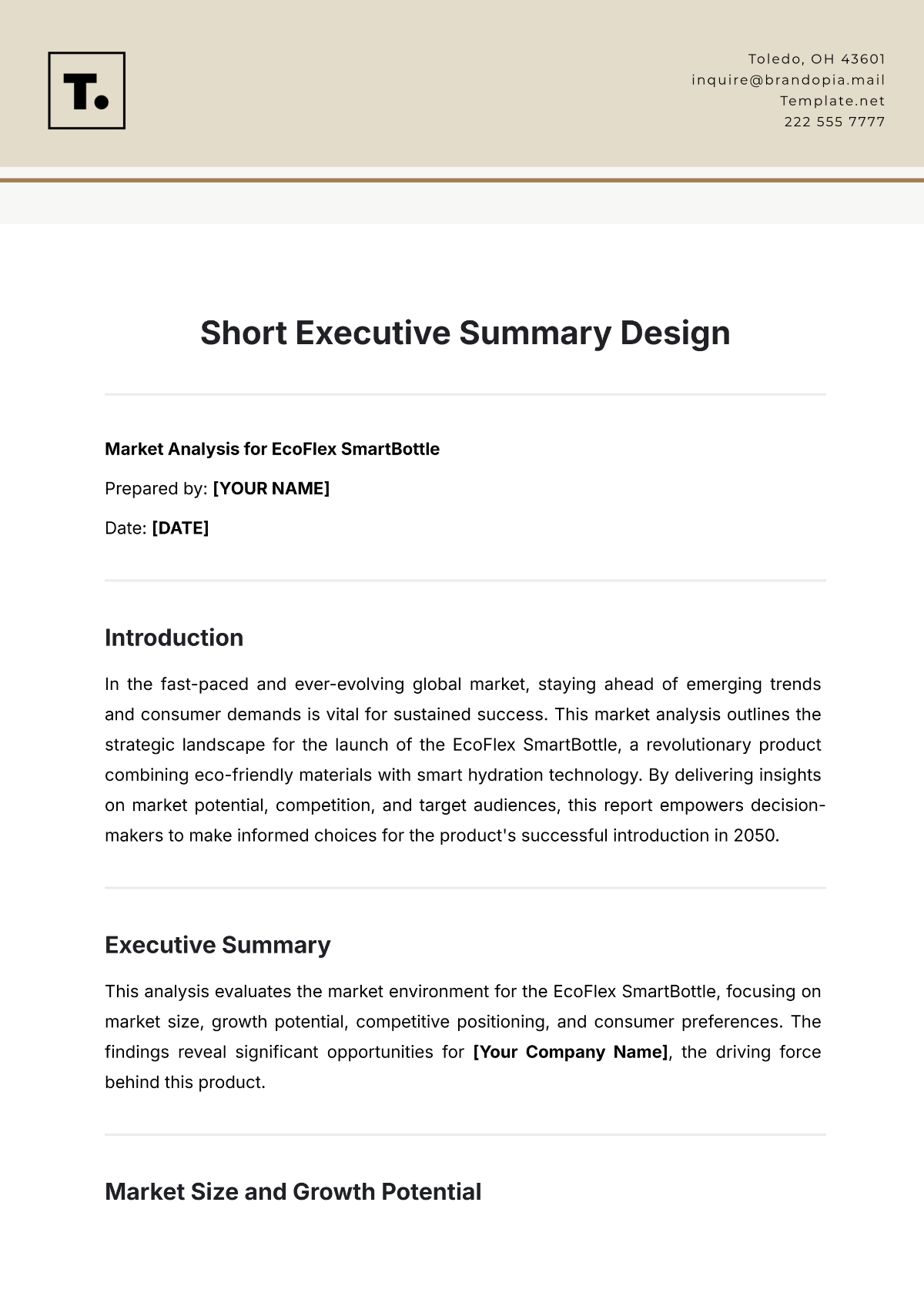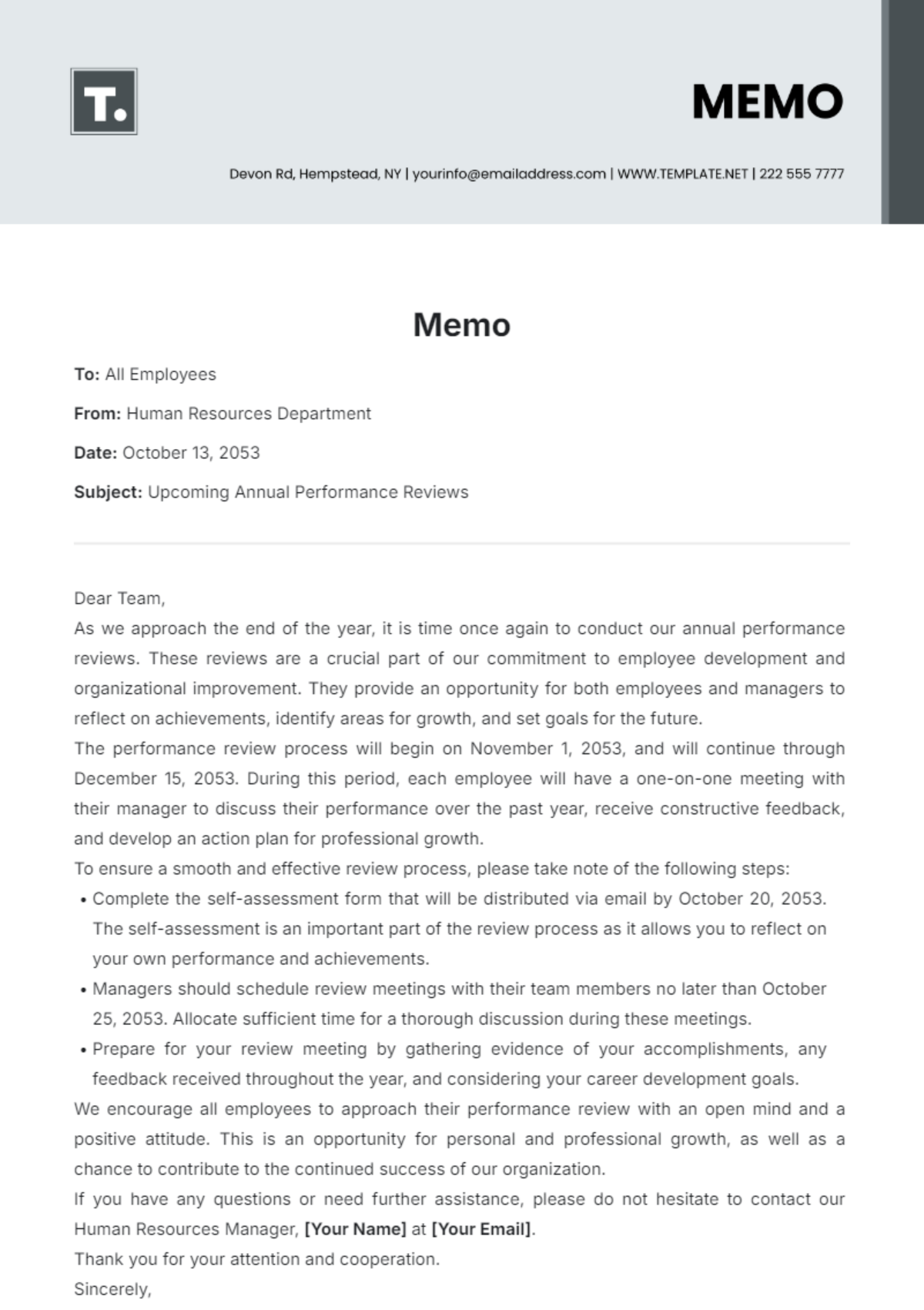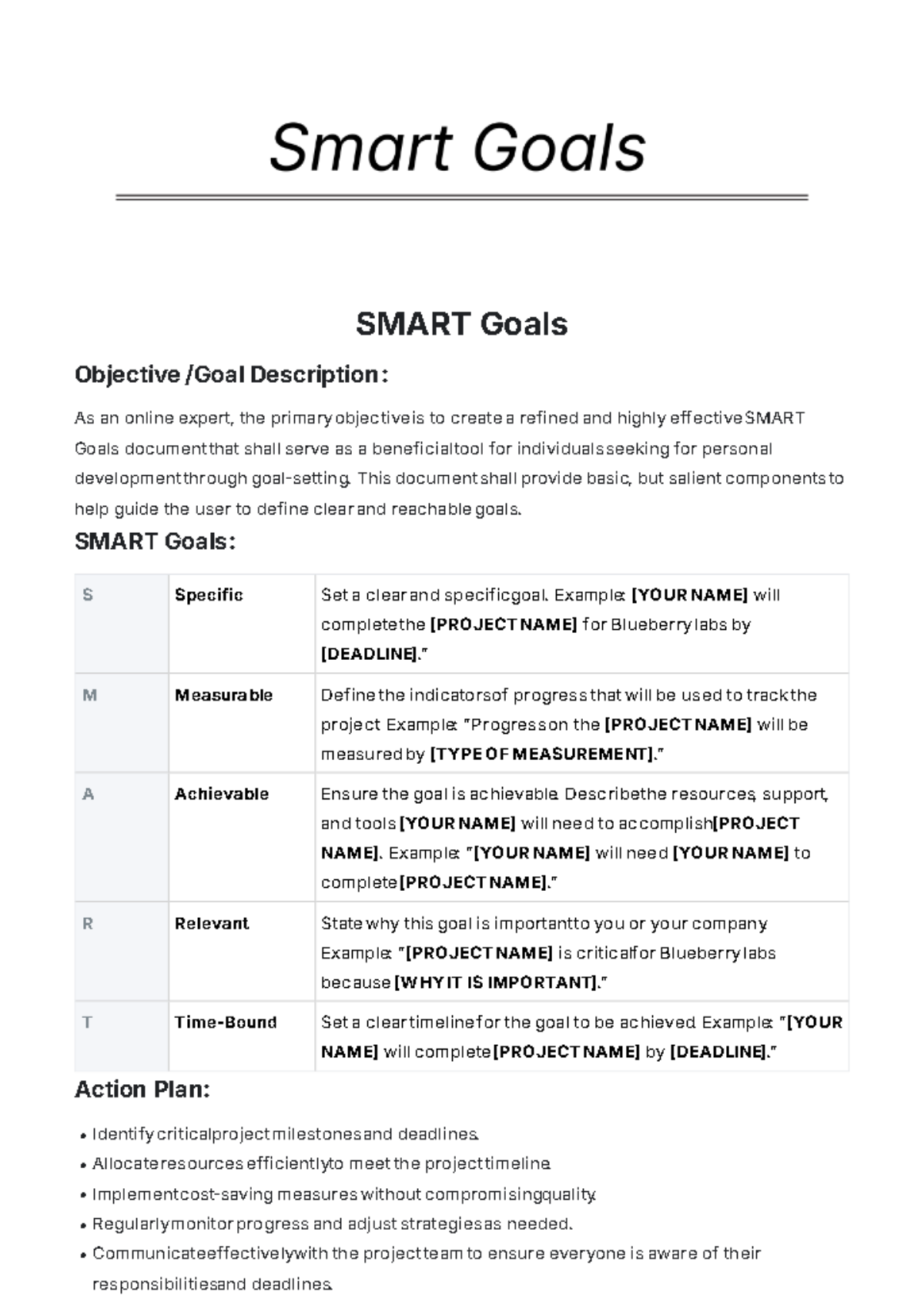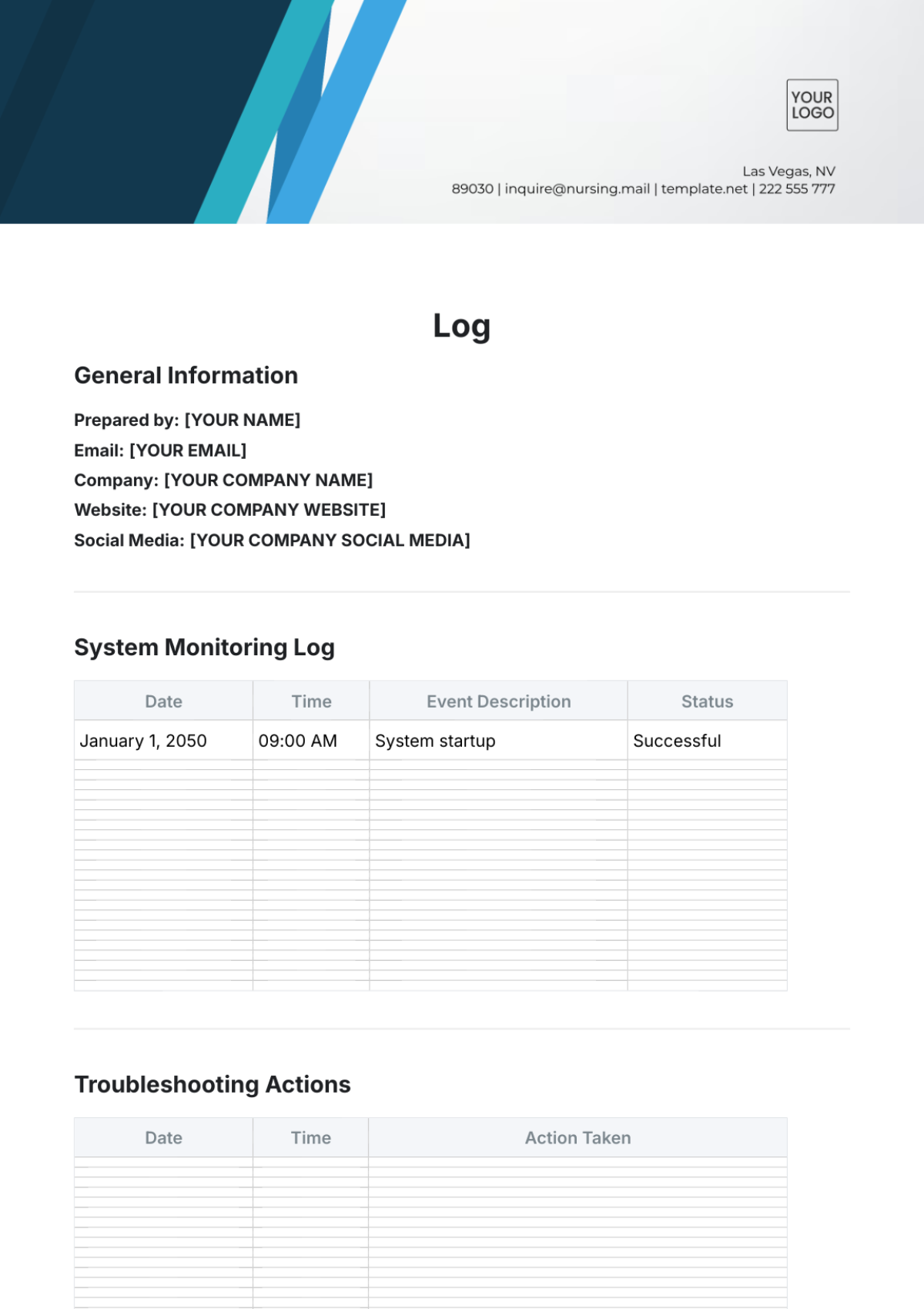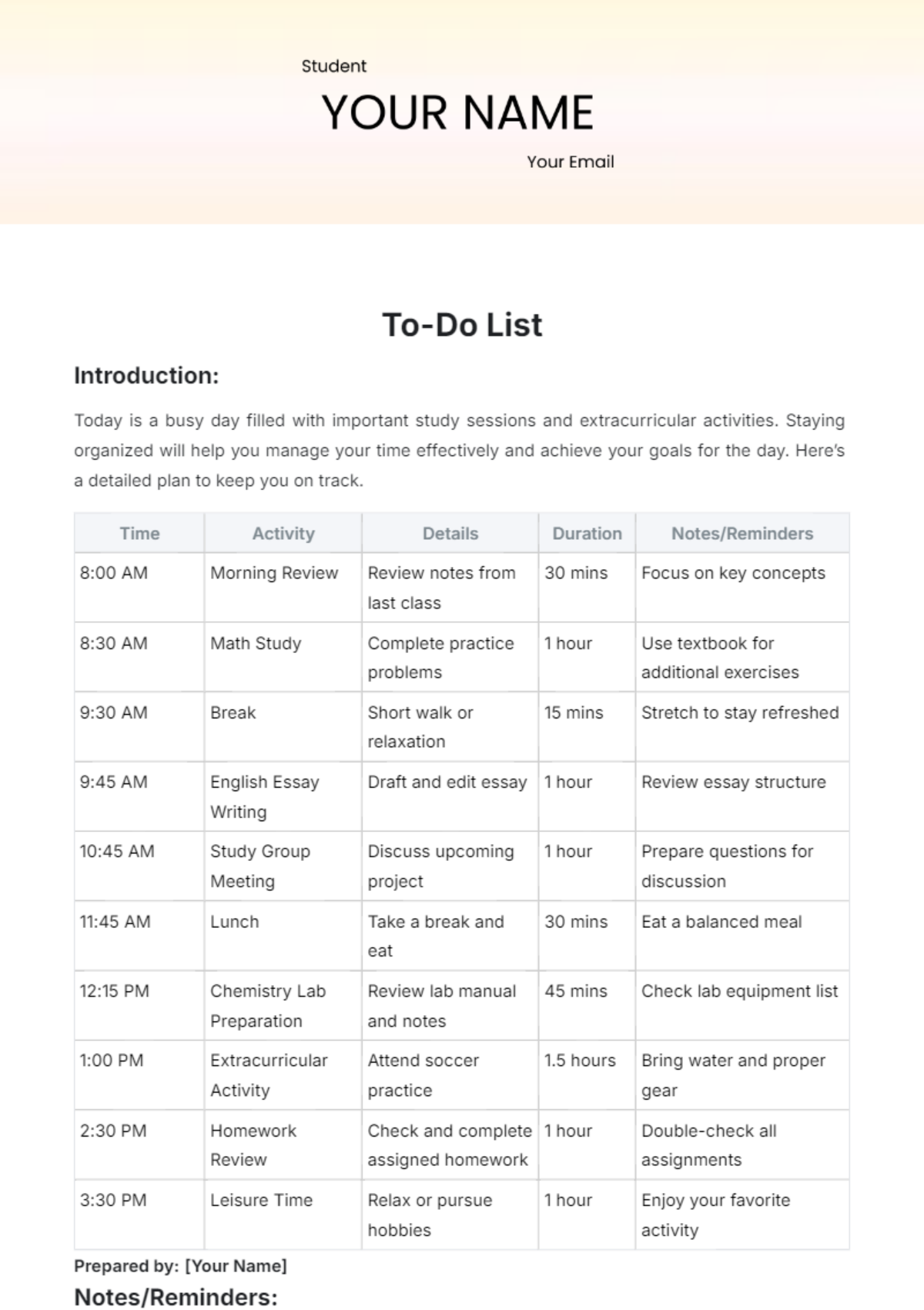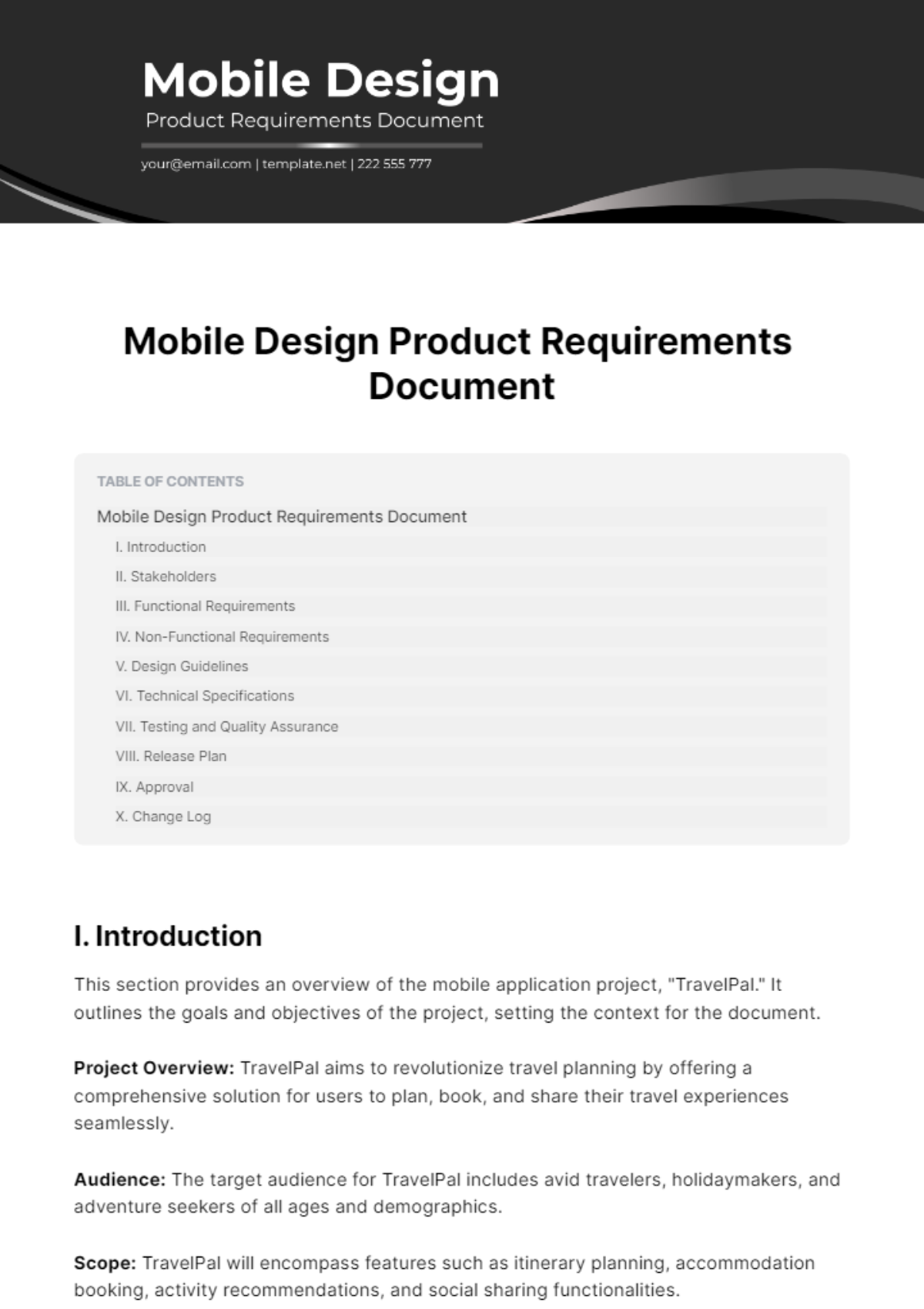Collaborative Ethnography
Introduction
Collaborative ethnography involves researchers working closely with participants to co-create knowledge and insights about cultural practices, social interactions, and community life. This strategic plan outlines the processes, methodologies, and collaboration techniques essential for successful collaborative ethnography projects.
Objectives and Goals
The primary objectives of collaborative ethnography are to foster mutual trust, ensure ethical research practices, and produce valuable, actionable insights. Goals include:
Building sustained relationships with participants.
Encouraging active participant involvement in all research phases.
Creating a shared understanding of cultural contexts.
Ensuring research findings benefit the community involved.
Methodologies
Collaborative ethnography employs various qualitative research methodologies, including
Methodology | Description |
|---|---|
Participant Observation | Active involvement in the daily life of the community to understand behaviors, practices, and social dynamics. |
Interviews | Structured, semi-structured, or unstructured interviews to gather in-depth personal narratives and community insights. |
Focus Groups | Group discussions to explore collective experiences, opinions, and cultural practices. |
Visual Ethnography | Utilizing photography, videography, and other visual arts to document and analyze cultural phenomena. |
Participatory Action Research (PAR) | Collaborative approach where researchers and participants work together to identify issues and develop solutions. |
Collaboration Techniques
Effective collaboration in ethnography requires clear communication, mutual respect, and adaptive techniques. Key techniques include:
Co-designing Research: Engaging participants in defining research questions, methodologies, and data interpretation.
Regular Feedback Sessions: Holding frequent meetings to discuss progress, share findings, and obtain participant input.
Shared Decision-making: Ensuring all major decisions are made collaboratively and that participant voices are valued.
Transparent Communication: Keeping all parties informed about the research processes, challenges, and outcomes.
Capacity Building: Training participants in research skills to enable meaningful contributions and foster ownership of the research process.
Ethical Considerations
Collaborative ethnography must prioritize ethical practices to protect participant rights and well-being. Essential considerations include:
Informed Consent: Ensuring all participants are fully aware of the research scope, purpose, and their rights.
Confidentiality: Safeguarding personal information and anonymizing data where necessary.
Beneficence: Striving to maximize positive outcomes for participants and their communities.
Respect for Persons: Valuing individual autonomy and cultural contexts.
Responsible Reporting: Accurately representing participants' perspectives and avoiding harm through misrepresentation.
Data Collection and Analysis
Data collection in collaborative ethnography should be rigorous, systematic, and inclusive of participant inputs.
Field Notes: Detailed accounts of observations, interactions, and reflections recorded regularly.
Audio-visual Media: Capturing images, videos, and audio recordings with participant consent.
Transcriptions: Converting interviews and discussions into written text for analysis.
Member Checking: Validating data and interpretations with participants to ensure accuracy and relevance.
Data analysis should use participatory approaches wherever possible.
Thematic Analysis: Identifying and interpreting patterns and themes collaboratively with participants.
Narrative Analysis: Exploring stories and experiences shared by participants to understand cultural contexts.
Visual Analysis: Analyzing visual data in conjunction with participants to derive cultural meanings.
Dissemination of Findings
Sharing research findings is a critical aspect of collaborative ethnography. Strategies include:
Community Presentations: Organizing events to present findings back to the community.
Collaborative Publications: Co-authoring reports, articles, and books with participants.
Digital Platforms: Utilizing blogs, social media, and websites to share insights broadly.
Policy Briefs: Developing documents to inform policymakers and stakeholders about research outcomes.
Conclusion
Collaborative ethnography is a dynamic and inclusive approach to cultural research that prioritizes participant engagement and ethical practices. By implementing the strategies outlined in this plan, researchers can foster meaningful partnerships, produce valuable insights, and contribute positively to the communities they study.






